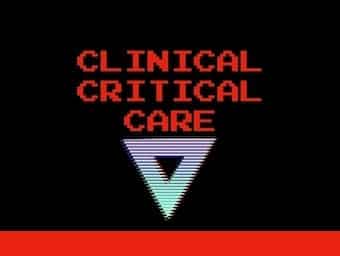
Asking Questions – Delivering Answers
RCTs deliver the most reliable evidence to guide how we treat our patients but they are badly designed, inaccurately reported and misunderstood. We can do better.

RCTs deliver the most reliable evidence to guide how we treat our patients but they are badly designed, inaccurately reported and misunderstood. We can do better.
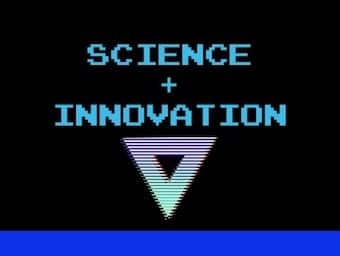
Rare Life-Threatening Emergencies; Publication Deficits & Potential Solutions with Laura Duggan

ECMO is a life-saving intervention for critically ill patients, but patients describe a recovery period that can take months to years.

VR in paediatrics procedures. Those of us looking after kids know that making confronting situations better for those kids is one our biggest challenges.

Critical care controversies: Salim Rezaie (REBELEM) and Ken Milne (SGEM) go toe-to-toe debating some hot topics in critical care.

ECMO is a life-saving intervention for critically ill patients, but patients describe a recovery period that can take months to years.
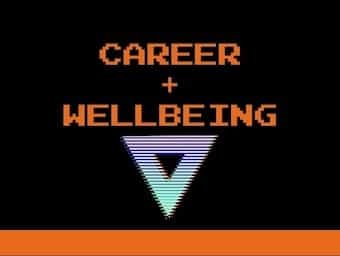
What can Prehospital and Retrieval Medicine teach us about life? Natalie May reflects on lessons learned at Sydney HEMS – from the practical to the philosophical.

Being able to open any mobile phone camera enables triage of scene (mechanism of injury) and patient (physiology). This enables better resource allocation and can start treatment sooner.
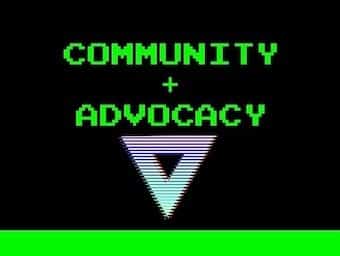
PHEM is a male dominated speciality but why is that? Caroline Leech takes us through the reasons why this inequity exists and how we can breakdown barriers.

Gary Berkowitz provides a brief outline of the capabilities of HARU and some key principles that make it successful. Could this be a model for other ambulance services to follow in the future?

Straight up (bilious babies) with Camille Wu. An overview of causes of surgical vomiting in the neonate. This includes malrotation-volvulus, intestinal atresias, necrotising enterocolitis.
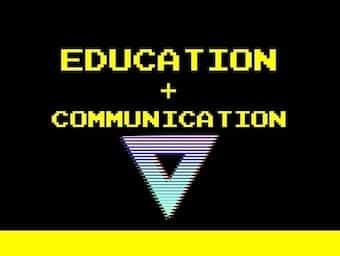
Neurological rehabilitation: Alternative perspectives with Claire Seiffert at SMACC 2019